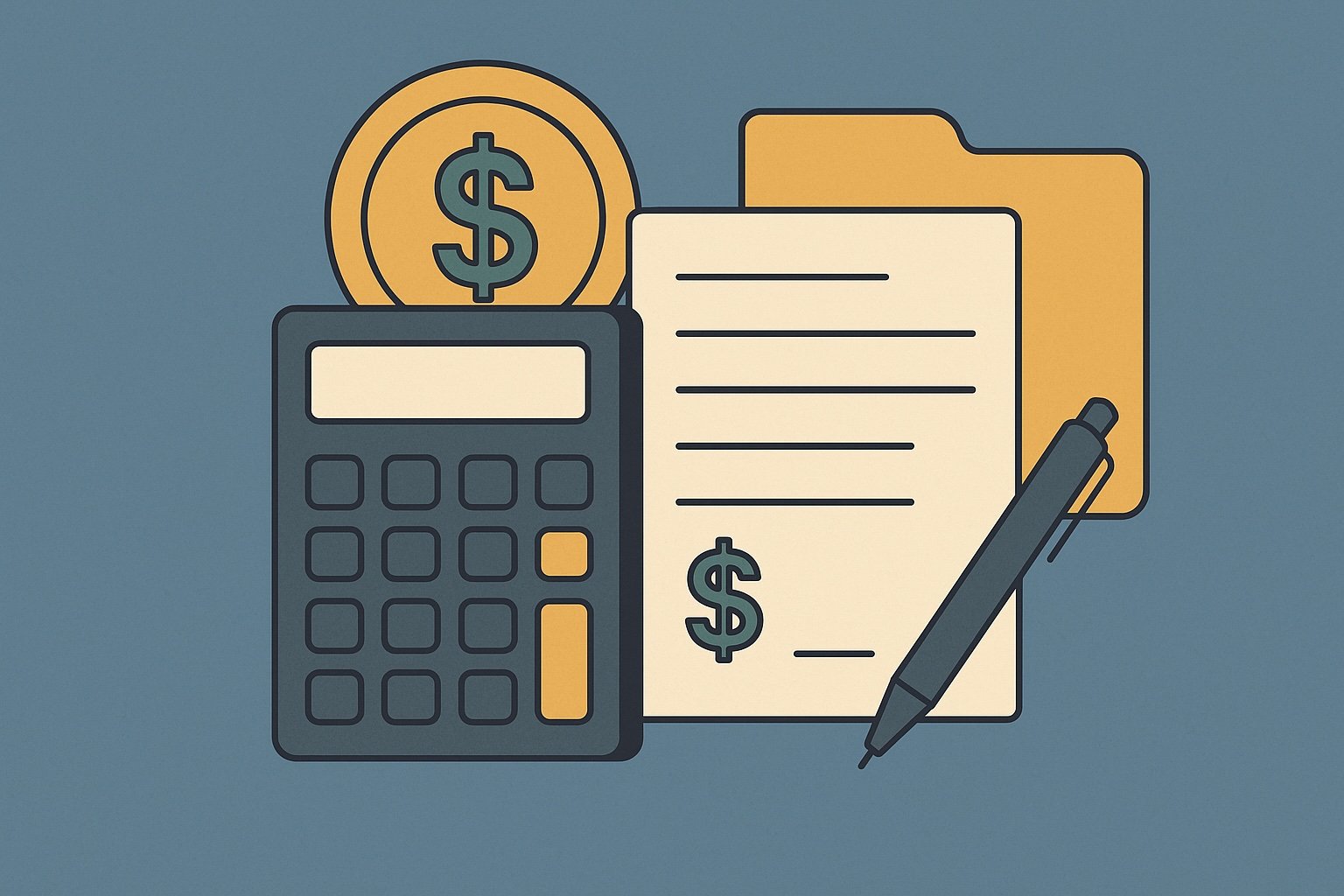Question
ARTE's Answer
Yes, a 1031 exchange can be used for new construction, but it requires careful planning and execution to ensure compliance with IRS regulations. The process involves using a strategy known as a “build-to-suit” or “construction” exchange. This type of exchange allows you to use the proceeds from the sale of your relinquished property to construct improvements on the replacement property.
Here’s how it works:
- Use of a Qualified Intermediary: As a qualified intermediary, Deferred.com plays a crucial role in facilitating the exchange. We hold the proceeds from the sale of your relinquished property and use them to fund the construction of the new property. This ensures that you do not have constructive receipt of the funds, which is essential for maintaining the tax-deferred status of the exchange.
- Identification and Timing Requirements: The replacement property, including any improvements, must be identified within 45 days of the sale of the relinquished property. The construction must be completed, and the property must be received by you within 180 days of the sale of the relinquished property or by the due date of your tax return for the year of the sale, whichever is earlier.
- Title Holding: During the construction period, the title to the replacement property is typically held by an Exchange Accommodation Titleholder (EAT), which is often a separate entity set up by the qualified intermediary. This arrangement is necessary because you cannot take title to the replacement property until the exchange is complete.
- Completion of Construction: The improvements must be completed to the extent that they are considered “substantially the same” as what was identified within the 45-day period. This means that the value of the improvements must be significant enough to meet the requirements of the exchange.
Example: Let’s say you own a commercial property worth $500,000 that you want to sell and use the proceeds to construct a new office building. You engage Deferred.com as your qualified intermediary. After selling your commercial property, we hold the $500,000 in proceeds. You identify a piece of land and the planned office building as your replacement property within 45 days.
Deferred.com, through an EAT, acquires the land and begins construction using the $500,000. The construction is completed within 180 days, and the EAT transfers the title of the land and the newly constructed office building to you. By structuring the transaction this way, you defer the capital gains tax on the sale of your original property.
Using a 1031 exchange for new construction can be a powerful tool for real estate investors looking to upgrade or customize their investment properties. However, due to the complexity of these transactions, it’s crucial to work with experienced professionals, like us at Deferred.com, to ensure compliance with all IRS requirements.
Have more questions? Call us at 866-442-1031 or send an email to support@deferred.com to talk with an exchange officer at Deferred.
Sources
1031 Question? Ask ARTE
Deferred's AI 1031 Research Assistant is trained on 8,000+ pages of US tax law and outperforms human CPAs by 22%+
CHAT NOW
Learn More
See more frequently asked questions about 1031 exchanges








